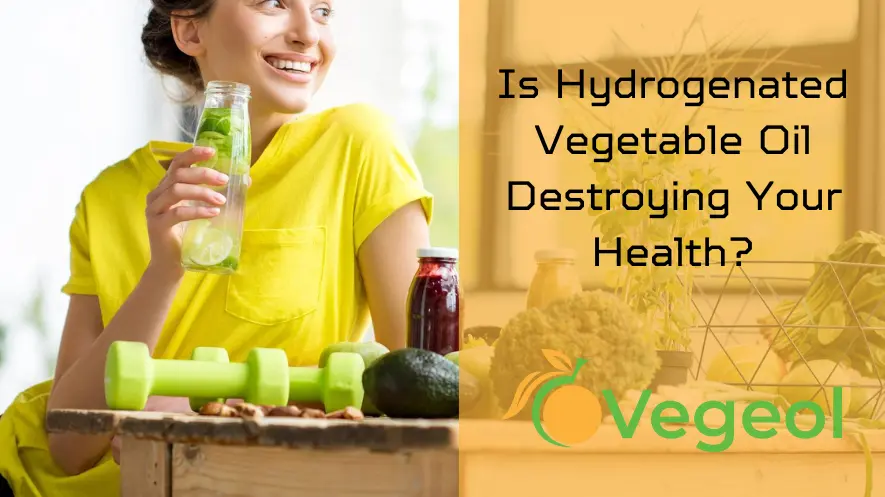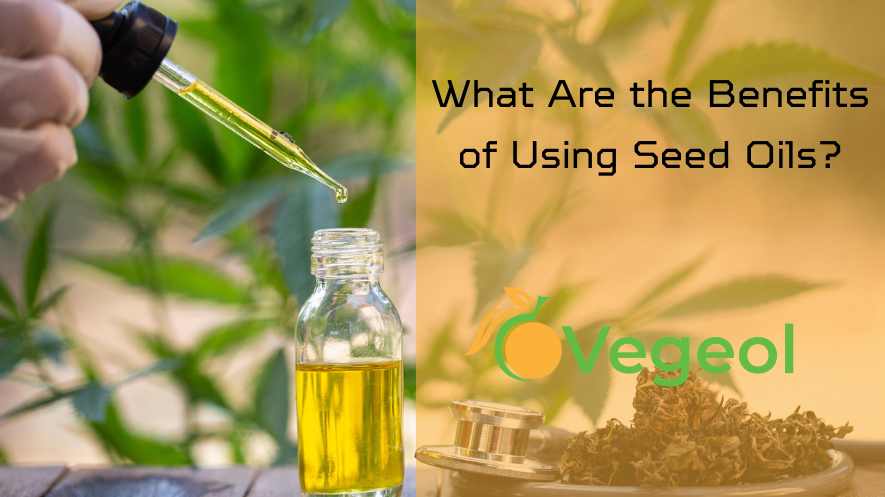Vegetables provide protein, nutrients and fiber at low calories, which helps keep hunger at bay. They also slow down the digestive process to make an individual feel full.
Romaine lettuce has only 8 calories per cup and offers folate, vitamins and minerals. Add it to salads, wraps or sandwiches.
Cucumbers
Cucumbers are extremely low in calories but high in water and fiber, which can help keep you full. They are also rich in vitamins, minerals and other beneficial plant compounds that can reduce inflammation and protect against chronic health conditions. Cucumbers can be eaten raw or blended into smoothies, juiced, pickled (keeping in mind their salt content), grilled or added to soups and salads.
You may have heard about the cucumber diet, which is a short-term low-calorie diet that focuses on eating cucumbers as your main food source. While this diet can help you lose weight, it is not sustainable long-term and should be supplemented with protein sources and other healthy foods to provide your body with the nutrients it needs.
Adding cruciferous veggies, such as broccoli and Brussels sprouts, to your diet can provide an excellent source of fiber to support weight loss. These vegetables are also rich in vitamin C, which can promote a feeling of fullness and reduce cravings. Additionally, cruciferous vegetables are low in calories and contain many antioxidants that can fight against chronic diseases.
Leafy greens, such as kale and spinach, are low in calories but packed with essential vitamins and minerals. They are also high in fiber and have been shown to help with digestion and weight loss.
Whether you’re looking for a quick fix to your produce drawer, or are just in the mood for some comfort food, frozen veggies can be an excellent option. They’re just as nutritious as fresh options and can be a convenient way to add more veggies to your meals without sacrificing taste or flavor. Just be sure to read the labels carefully as some frozen veggies can have a higher sodium content than fresh varieties.
Broccoli
As a member of the cruciferous vegetable family, which also includes cabbage, kale and cauliflower, broccoli is rich in phytochemicals that are important for overall health. Some of these beneficial plant compounds include sulforaphane, quercetin and carotenoids. They may help suppress hunger, improve digestion and promote bowel health.
Broccoli is low in calories, and its fiber content helps to promote a feeling of fullness. It’s easy to add to your diet, and can be steamed, roasted or raw. Try adding it to salads or stir-fries or making it into a healthy soup.
When selecting broccoli, choose dark green bunches. The color indicates high nutrient value, and it’s best to avoid yellowing or wilting leaves. Also, avoid bunches with open flowering or water-soaked buds. The best time to buy fresh broccoli is when it’s in season.
A serving of broccoli provides you with vitamin C, vitamin K, folate and potassium. It also contains beta-carotene and a compound called isothiocyanates, which can boost eye health and lower cholesterol levels. It’s also a good source of calcium and has anti-inflammatory properties.
If you are trying to lose weight, incorporating vegetables like broccoli into your meals can help you achieve your goal more quickly. It’s also an excellent source of protein, which can help reduce cravings and keep you feeling satiated throughout the day.
Bell Peppers
A staple in the produce section, bell peppers are naturally low in calories and high in water and fiber, which helps satisfy hunger and reduce excess calorie intake. They also contain many essential nutrients, including potassium, vitamin C, and folate. Additionally, bell peppers are a source of capsaicin, which has been shown to help boost metabolism and suppress appetite.
Whether eaten raw or added to salads, roasted vegetables, or stuffed into lean protein and vegetable-filled recipes, they can be a great addition to any weight loss plan. Bell peppers come in several colors, each offering a different nutritional profile. For example, red bell peppers contain 169% of the recommended daily intake (RDI) for vitamin C, while green peppers have an excellent source of vitamin A.
They are also a good source of antioxidants, such as vitamin A and carotenoids. These compounds can protect against chronic health conditions and promote healthy skin.
Because they are a great source of vitamin C, which helps increase iron absorption, these vegetables are important for people who want to lose weight and maintain a balanced diet. Additionally, cruciferous vegetables, such as broccoli, cauliflower, Brussel sprouts, collard greens, and cabbage, are also rich in folate, vitamin B6, and vitamin K, which are all important for maintaining a healthy body.
To reduce cravings between meals and limit snacking, make a habit of eating a bowl of vegetables for breakfast or lunch. Try this Veggie-Bowl with Chicken recipe, which counts as one of your five servings of veggies per day. Alternatively, if you find the preparation of cooking and preparing fresh vegetables time consuming or stressful, frozen vegetables can be an excellent option. They are often pre-washed and ready to eat, which can save you time.
Pumpkin
Pumpkin is a favourite fall vegetable and can be used to make curries, soups, cutlets, halwas and much more. It is very low in calories and high in nutrients like potassium, Vitamin C, vitamin A and beta carotene. It also aids digestion and has antioxidant properties. It can help in weight loss by regulating the blood pressure and lowering bad cholesterol. It also helps in muscle relaxation due to its magnesium content.
Besides, pumpkins are full of fibre that helps one feel satiated and curbs appetite pangs to prevent snacking. Fibre is a crucial nutrient that supports gut health by balancing flora and promoting regularity in bowel movements.
If you are looking for ways to lose weight, try eating more pumpkins in the form of soup or stew. You can also bake cubed pieces of the veggie with some spices and seasonings to eat as a side dish or add them to salads.
A pumpkin-based khichdi made with rice and lentils can be very filling and is great for weight loss. It is a one-pot meal that can be made with ingredients found in your pantry and has the added benefit of being rich in fibre and protein.
A few diet experts suggest adding some frozen vegetables to your meals as they are a healthy option that is packed with nutrients and contains less fat than their fresh counterparts. Moreover, they are convenient to thaw and cook. They are a smart addition to the diet of anyone who wants to lose weight as they are an easy-to-add, tasty and nutrient-rich food choice.
Carrots
Carrots are a tasty and versatile vegetable that can be used in both sweet and savory dishes. They are low in calories and packed with nutrients. Carrots are a source of beta-carotene, which the body converts to vitamin A. This nutrient is known to promote healthy skin, hair and eyes and boost the immune system. They are also a good source of fiber, potassium and vitamin C.
These vegetables are a great option for people trying to lose weight. They are high in soluble fiber, which helps to slow digestion and keep you feeling fuller longer. In addition, they are rich in antioxidants, which help to fight free radicals that can damage cells and contribute to chronic diseases.
The best way to incorporate these vegetables into your diet is to make sure that you eat them in moderation. Eating too many of these vegetables can cause digestive problems and lead to excess weight gain. It is also important to pair them with other healthy foods like lean proteins, whole grains, fruits and healthy fats.
If you are struggling with weight loss, try to eat a variety of vegetables and be sure to include them in every meal. This will help you feel full and provide your body with all the essential nutrients it needs. It is also a good idea to include a variety of colors when choosing your vegetables, as different colors offer unique health benefits. For example, red and orange vegetables are high in vitamins A and C and a good source of fiber. Leafy greens, cruciferous veggies and squash are also good choices for those looking to lose weight. Incorporating these vegetables into your diet can help you reach your ideal weight and maintain it in the long run.


